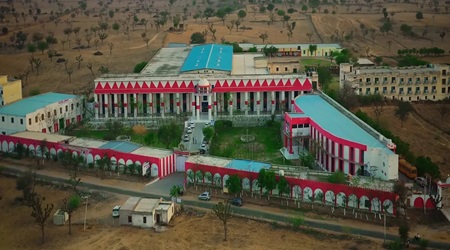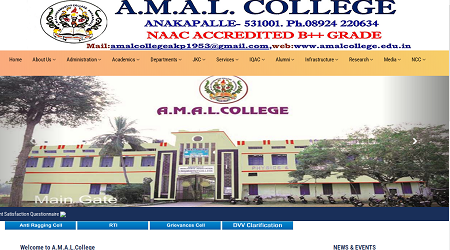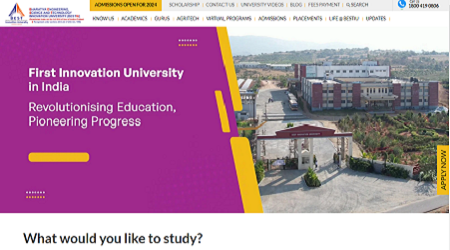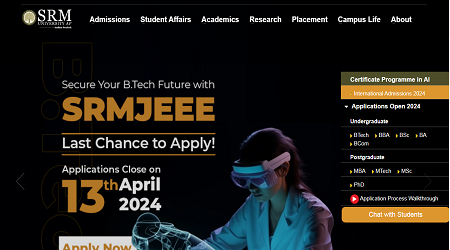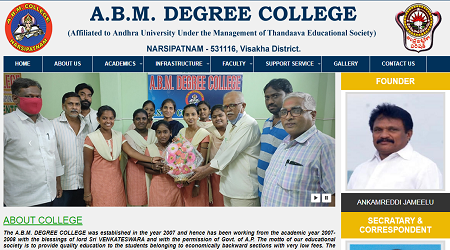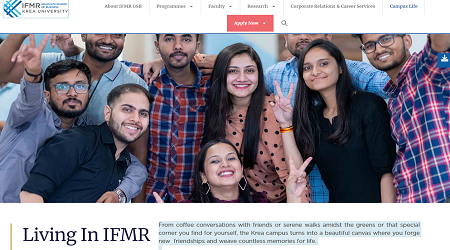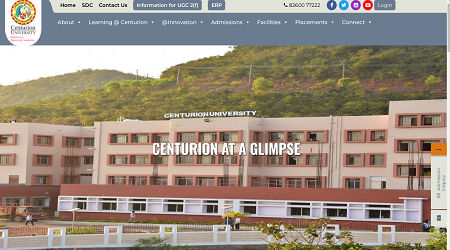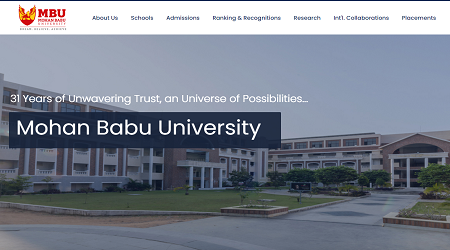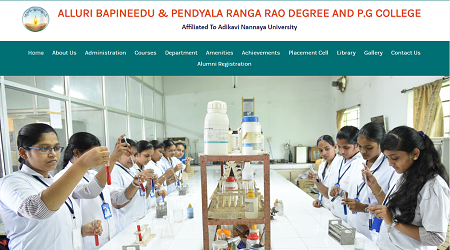M.Sc - Master of Science Admission 2024-25 - Apply Now
M.Sc - Master of Science admission M.Sc - Master of Science admission 2023 M.Sc - Master of Science application deadline is degree from M.Sc - Master of Science valid M.Sc - Master of Science courses M.Sc - Master of Science fees M.Sc - Master of Science entrance exam 2023 M.Sc - Master of Science fee structure M.Sc - Master of Science review M.Sc - Master of Science student verification how can i get in admission in M.Sc - Master of Science M.Sc - Master of Science admission age limit M.Sc - Master of Science admission application form M.Sc - Master of Science admission advertisement M.Sc - Master of Science admission brochure M.Sc - Master of Science admission criteria M.Sc - Master of Science admission consultants M.Sc - Master of Science admission documents required M.Sc - Master of Science admission details M.Sc - Master of Science admission eligibility M.Sc - Master of Science admission entrance exam M.Sc - Master of Science admission fees M.Sc - Master of Science admission guidelines by ugc M.Sc - Master of Science admission guidance M.Sc - Master of Science admission help M.Sc - Master of Science admission last date M.Sc - Master of Science admission latest notification M.Sc - Master of Science admission news M.Sc - Master of Science admission online M.Sc - Master of Science admission process M.Sc - Master of Science admission percentage M.Sc - Master of Science admission qualification M.Sc - Master of Science admission questions M.Sc - Master of Science entrance question paper M.Sc - Master of Science admission without entrance M.Sc - Master of Sciencesic requirements for M.Sc - Master of Science in Admission Part Time M.Sc - Master of Science in admission Full Time M.Sc - Master of Science in admission M.Sc - Master of Science admission Form pdf M.Sc - Master of Science Syllabus M.Sc - Master of Science Syllabus pdf admission M.Sc - Master of Science M.Sc - Master of Science admission Helpline M.Sc - Master of Science admission Contact Details M.Sc - Master of Science admission Registration M.Sc - Master of Science Direct Admission is M.Sc - Master of Science Degree Valid in Abroad M.Sc - Master of Science admission Important Dates Eligibility Criteria for M.Sc - Master of Science in admission M.Sc - Master of Science Entrance Exam Pattern M.Sc - Master of Science admission 2024-25 M.Sc - Master of Science entrance exam 2024-25Master of Science is the full form of M.Sc (MSc). MSc is a two-year postgraduate degree programme provided by universities and colleges in a variety of science subjects, including physics, biology, chemistry, mathematics, botany, biotechnology, microbiology, environmental sciences, food sciences, and life sciences. Students with a Master of Science degree have scientific as well as professional entry-level proficiency. Students in their chosen speciality will get advanced theoretical and practical expertise through this course. Students generally choose the MSc specialisation that they studied throughout their undergraduate studies.
THREE_BUTTON
Master of Science(M.Sc) Highlights:
| Course Level: | Postgraduate |
| Duration: | 2 years |
| Examination Type: | Semester |
| Eligibility | Graduated from B.Sc |
| Admission Process | Based on Entrance Exam or marks scored in 10+2 final examinations. |
| Course Fee | INR 40000to 8,0000 for 3 years |
| Average Starting Salary | INR 4– 10lakhs per annum |
| Job Positions: | Research Scientist, Junior Research Fellow, Mathematician, Biochemist, Food & Drug Inspector, Chemical Analyst, Teacher etc. |

Course Eligibility Criteria:
You must meet the qualifying requirements to apply for the M.Sc. degree. This is a standard criteria for M.Sc. programmes at most universities. The following are the M.Sc. degree course qualifying requirements: –
- A B.Sc. degree from a government-approved university is required.
- You must have received at least a 50% grade in your B.Sc. degree.
- Because an M.Sc. has no age limit, many students seek it later in their careers.
Admission Process:
Because this is a postgraduate programme, there are a variety of entrance processes to choose from. These procedures vary depending on the college or institution to which you are applying. The procedure for admission is as follows:
- To get admission to some universities, you may need to pass an entrance test such as the JNUEE, TISS NET BHU PET, BIT SAT, or DUET.
- You are automatically admitted if you achieve the qualifying percentile.
- Some colleges will admit you based on your academic achievements.
- You will be admitted if your B.Sc. final percentage is more than or equal to their cut-off percentage.
- Some colleges provide direct admission with merely a B.Sc. degree as a prerequisite.
THREE_BUTTON
Entrance Exams:
- IIT JAM
- NEST
- MCAER PG CET
- OUAT
- UPCATET
- GSAT
- AGRICET
- ICAR AIEEA
Entrance Exams Syllabus:
Syllabus for IIT JAM
The IIT JAM exam syllabus is essential for test preparation. The questions are based on the subject and cover a wide range of subjects. Furthermore, the IIT JAM curriculum aids applicants in grasping a broad overview of the exam’s themes and questions.
NEST
General Ability, Mathematics, Physics, Chemistry, and Biology are the five components of the NEST syllabus. Knowing the proper curriculum is necessary for passing the exam.
PG CET MCAER
The MCAER PG CET exam has a comprehensive syllabus. The syllabus is largely based on the theoretical issues taught in the various streams’ UG courses.
OUAT
The OUAT curriculum is fairly extensive. It is mostly based on the topics that applicants studied in their undergraduate years in relation to the field they have chosen.
UPCATET
The curriculum for the UPCATET test is required for exam preparation. The questions are based on the course and cover a wide range of subjects.
AGRICET
Agriculture, Seed Technology, and Organic Farming are the three topics included in the AGRICET programme.
AIEEA ICAR
Each course’s ICAR AIEEA syllabus is unique. According to the various courses, it is explicitly specified.
How to Apply:
- The candidate must have earned a Bachelor’s degree in science or its equivalent from a recognised institution.
- The qualifying examination must have yielded a minimum aggregate score of 60 percent.
- Candidates who are in their last year of study are also eligible to apply.
Document Recruitment:
Compulsory:
- A Bachelor’s degree in science or its equivalent from a recognised institution is required of the candidate.
- A minimum aggregate score of 60% on the qualifying examination is required.
- Applicants in their last year of studies are also welcome to apply.
Top Colleges:
Miranda House
Hindu College
Madras Christian College
Loyola College
Kirori Mal College
Hansraj College
Department of Science, Christ University
Stella Maris College
Sri Venkateswara College
Subjects of M.Sc:
- M.Sc. Biochemistry
- M.Sc. Food Technology
- M.Sc. Environmental Science
- M.Sc. Zoology
- M.Sc. Biotechnology
- M.Sc. Data Science
- M.Sc. Economics
- M.Sc. Nursing
- M.Sc. Psychology
- M.Sc. Microbiology
THREE_BUTTON
Job Scope:
- Banks
- Government Sector
- Private Sector
- Railways
- Teaching
- Research
- NTPC
- ONGC
- HPCL
- ISRO
- BAARC
- BHEL
- Job Profile:
- Research Assistant
- Lab Technician
- Scientist
- Field Officer
- Manager
- Professor
- Researcher and accountant
- Statistician
- Quantitative Developer
- Assistant Professor
- Junior Software Engineer
Distance course:
MSc remote education is available in a variety of specialities and from a variety of reputable Indian institutes and universities. IGNOU, Annamalai University, and other top colleges provide distant MSc degrees. Students having a valid Bachelor’s degree (typically BSc) with a minimum of 50% are allowed to study MSc through distance education, and the course duration can range from 2 to 6 years.
Important FAQs regarding MSc:
| Is it possible to pursue a master’s degree after completing 12th grade? |
No, MSc (Master of Science) programmes are not available beyond Class 12. To be eligible for the MSc programme, one must hold a BSc degree. After Class 12, however, combined MSc courses (BSc + MSc) can be undertaken. These programmes normally last four to five years. |
| In India, what are the most common MSc specialisations? |
Math, Physics, Biology, Chemistry, Botany, Environmental Sciences, Biotechnology, Microbiology, Food Sciences, Life Sciences, and many other specialised Science subjects are available for MSc. |
| What are the entrance requirements for MSc programmes? |
Applicant must have a bachelor’s degree in any science discipline from a recognised university/college with a minimum grade point average of 55 or 60%. The majority of MSc admissions are made through entrance tests. Some institutions, on the other hand, allow admission to MSc programmes without the need for entrance tests based on past academic performance. |
| What’s the difference between an MSc and an MS? |
Masters in Science (MSc) and Masters in Science (MS) are both postgraduate degrees. A master’s degree in science topics such as physics, chemistry, biology, and biotechnology is known as MSc in India, but a master’s degree in engineering courses is known as MS in the United States. |
| Should you pursue an MSc or an MBA? |
MBA is the ideal option if you want to enter any form of business or create your own firm, whereas MSc is the greatest option if you want to focus on one subject throughout your career. THREE_BUTTON |
Latest News & Updates
- GLA University Phd in Education Admission 2024-25, Fees and Research Assistance
- GLA University Phd in Management Admission 2024-25, Fees and Research Assistance
- GLA University Phd in Pharmacy Admission 2024-25, Fees and Research Assistance
- GLA University Phd in Mathematics Admission 2024-25, Fees and Research Assistance
- GLA University Phd in English Admission 2024-25, Fees and Research Assistance
- GLA University Phd in Chemistry Admission 2024-25, Fees and Research Assistance
- GLA University Phd in Physics Admission 2024-25, Fees and Research Assistance
- GLA University Phd in Microbiology & Immunology Admission 2024-25, Fees and Research Assistance
- GLA University Phd in Biotechnology Admission 2024-25, Eligibility, Fees and Guidelines
- GLA University Phd in Civil Engineering Admission 2024-25, Fees and Research Assistance
Top Courses
- BACHELOR OF COMMERCE
- BACHELOR OF BUSINESS ADMINISTRATION IN AVIATION
- BACHELOR OF ARTS IN ADVERTISING AND BRAND MANAGEMENT
- BACHELOR OF ARCHITECTURE
- BACHELOR OF TECHNOLOGY
- BACHELOR OF ARTS IN ANCIENT INDIAN CULTURE
- BACHELOR OF SCIENCE IN AGRICULTURE
- Bachelor of Arts
- BACHELOR OF LEGISLATIVE LAW
- BACHELOR OF COMPUTER APPLICATIONS

